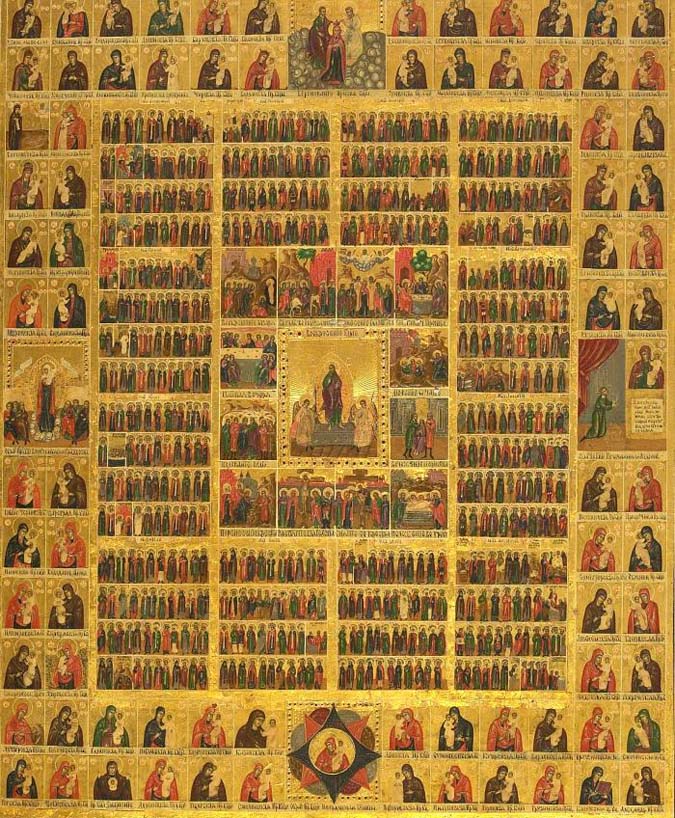
This image is in the public domain.
A while back, a friend asked me what I think of attending a church that has a prescribed calendar.
I'm pretty sure she asked because she saw that there might actually be something useful to it, which is more than I did in my early twenties. I didn't grow up with much of a regimented calendar, with prescribed daily readings and observances and such. And Paul seems to be direct about the danger of getting caught up in the hype:
when you did not know God, you were slaves to those who by nature are not gods. But now that you know God—or rather are known by God—how is it that you are turning back to those weak and miserable principles? Do you wish to be enslaved by them all over again? You are observing special days and months and seasons and years! I fear for you, that somehow I have wasted my efforts on you.
--Galatians 4:8-11 (NIV)
So what's up?
Truth is, we can't really escape the calendar. I don't think Paul was suggesting that farmers should stop caring about when to plant crops, or fishermen should ignore when the salmon are spawning. We live with cycles. We have lots of them. They repeat for good reasons. We have days, and weeks, and years. We go to bed after Letterman and get up with Matt Lauer. (Well, maybe not literally.) We see seasons. We see corresponding constellations. We have heartbeats, respiration, regular hormonal repetitions, metabolisms. We change the Brita filter on schedule in three months. We do Spring cleaning, oil changes every 5,000 miles, and Yoga on Tuesday mornings.
And we carry around smartphones that ring alarms to remind us. Why? We forget things.
I'm glad
- There's the beginning of the liturgical year to let me know that we have a chance to start over, because I forget that sometimes.
- That there's a remembrance of the Pharisee and the Publican a couple weeks before Lent to remind me that I need to be humble, because I forget that sometimes.
- That we remember Saint Mary of Egypt (twice) to recall that bad people can change, because I forget that sometimes.
- We remember the prodigal son, because sometimes I forget to forgive.
- We bless the waters once a year to recall that the same power that hovered over them at Creation empowers them to continue creating what it begins in Baptism. Same water. I forget that sometimes.
- We have Christmas to remind us that the Incarnation redefines the capability of humanity, because I forget that sometimes.
- We have Easter to remind us that death is not the greatest force, because I forget that sometimes.
- We have Good Friday to remind us that love is the greatest force, because I forget that sometimes.
We view time as the unidirectional motion of a series of instants. But God is eternal. God is unconstrained by the limitations of time. He exists outside of them. The most important message of the calendar is that we are not the lords of time. And time is not an accident. We are accountable to the Creator of Time. A liturgical calendar places us in a context (instead of arbitrarily fabricating a context for us, on our terms), a community, a set of behaviors. It exhorts us to capitulate to a meaning greater than ourselves. On certain days, we are constrained to ponder reminders, behave in particular ways, interact differently, grow in specific aspects of our Faith.
Sometimes I worry that without a calendar, I'm guessing, hoping that God meets me on my terms. Will he? I'm not so sure. I think he wants me to be in eternity. And that's on his terms. He's got some wild ideas on how time should be organized, and he calls me into an "eternal now." There's some sense to putting his meeting requests on my calendar before I say that it's too busy and full with my own agenda.
I need to go set my clock before I miss something.
Find the readings and commemorations for the day on the
Greek Orthodox Archdiocese of America web site.
Greek Orthodox Archdiocese of America web site.